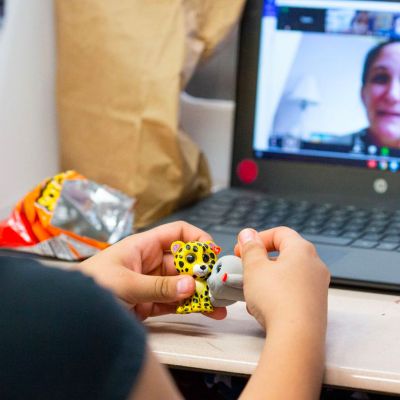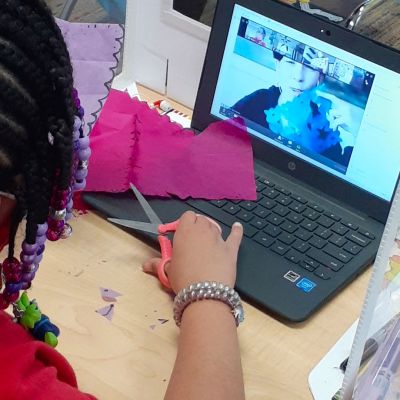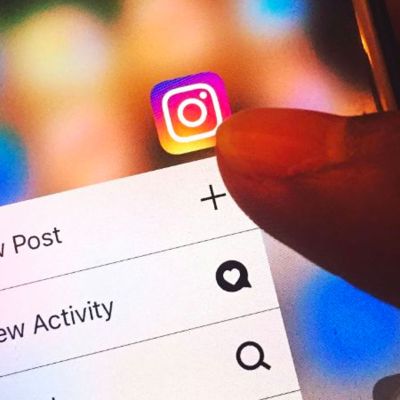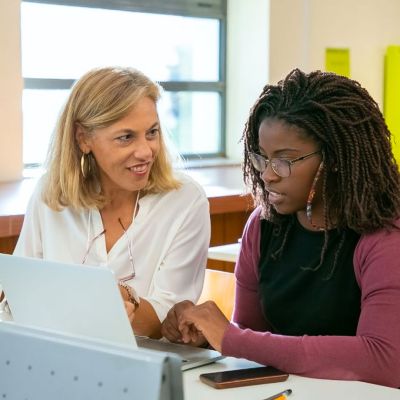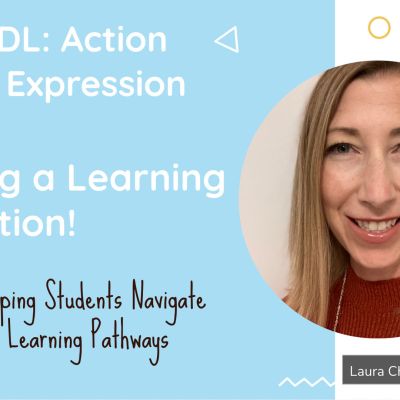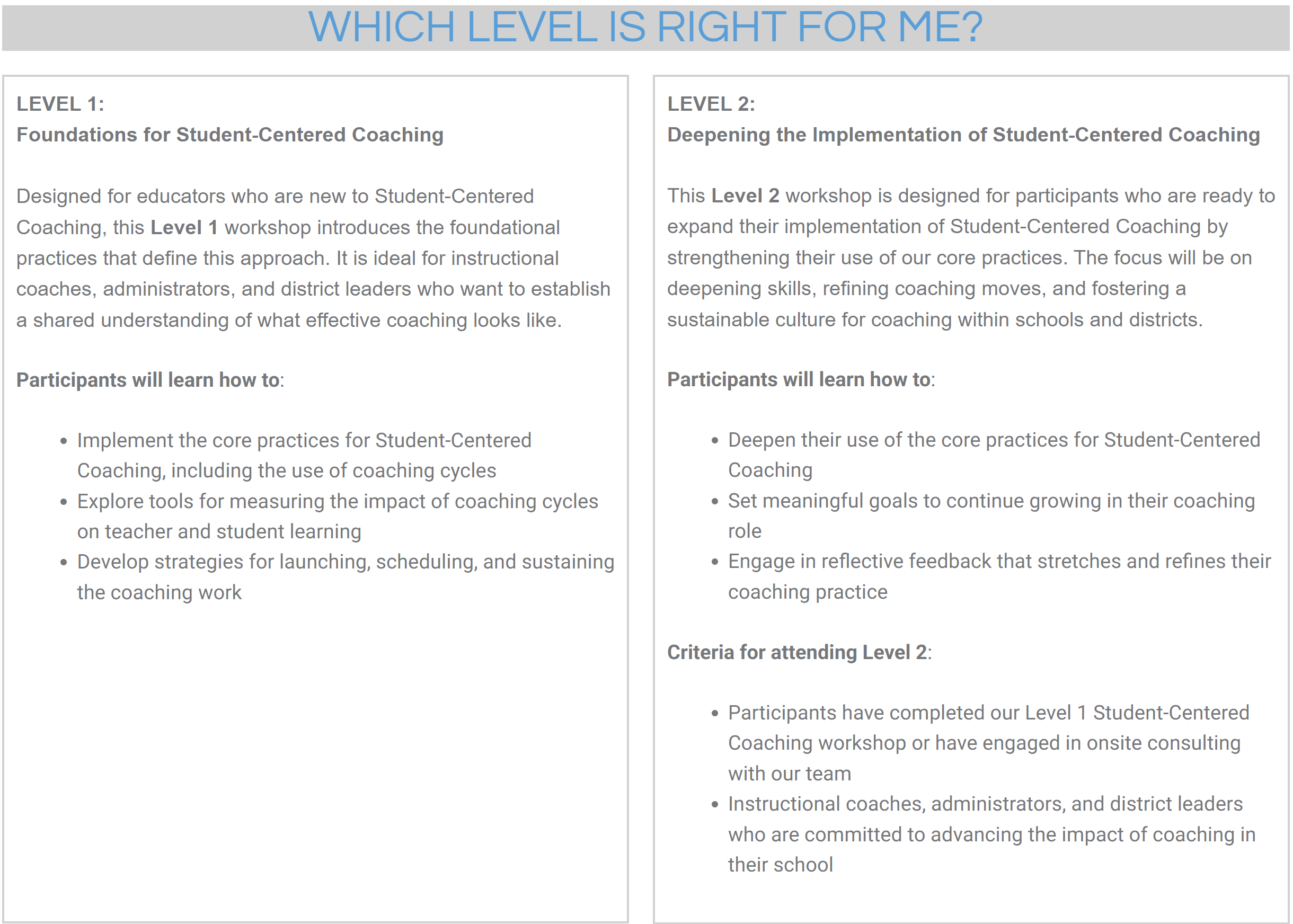Blog
Relationships with our students are key. As educators, we know this is vital to student success. Research tells us there is a positive correlation between student engagement and academic success.
You have the perfect lesson for a global connection. You have reached out and found an opportunity that would enrich your students’ depth of knowledge. You want to do things correctly and feel overwhelmed with this new process.
A recent conversation I had regarding digital citizenship for the first episode of our Keep Indiana Learning Home Grown podcast got me thinking. In my more than 10 years working in the EdTech world, I’ve had plenty of time to consider what digital citizenship means, and how it impacts our work as educators in a digital world.
Financial decisions have always been complex—made even more so by a global pandemic. However, many students are not prepared to make informed financial choices as they move into adulthood.
Professional development has always come in all shapes and sizes. From large formal conferences with thousands of attendees, to small book studies, there is PD to match the needs of every educator. Recently, the way educators are accessing professional development looks different.
I remember it like it was yesterday: 5th grade, Mr. Morgan’s Math and Science class: We were talking about dissolving solids in solutions. He asked, “Will sugar dissolve faster in cold water or hot water?”
A few years ago, a colleague suggested that I watch Simon Sinek’s TED Talk, which introduced me to the concept of identifying and communicating your why. To quote Sinek, “People don’t buy what you do, they buy why you do it.”
When we all went digital overnight we started seeing free offers from every technology platform and company. Teachers started getting inundated with every type of tool you could possibly use on a device—apps, sites, widgets, and gadgets…oh my!
Project-based learning can help show students how they can make a positive impact on their world and can help them learn the skills they need to succeed in their lives. Read below on FIVE tips on how to make PBL work remotely.
Hybrid and virtual teaching have changed the face of education. Teachers have had to quickly (more like INSTANTLY) learn to translate everything that we do to a digital learning space.
Last year before COVID19 hit, I was charting new ground with lesson planning. I was developing lesson paths where I gave students options for learning information on a topic. My pages on Canvas were pre-loaded with options for students.



